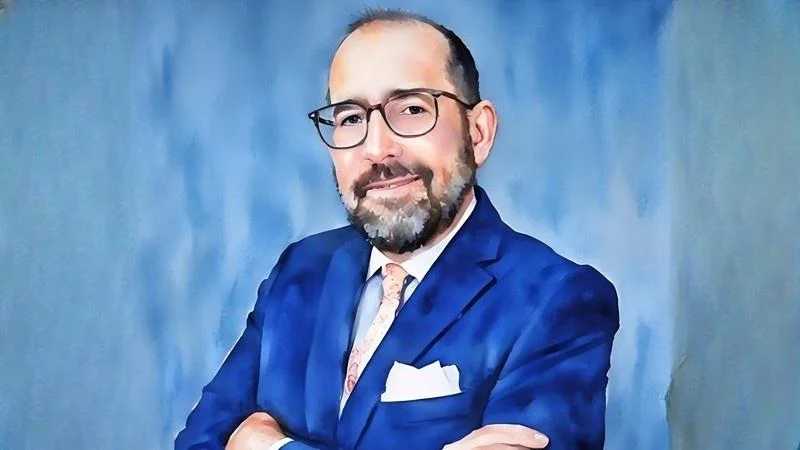Americans disagree on plenty yet instinctively reject the idea of government steering taxpayer money to favored corporations. Stadium subsidies, data-center deals, and other targeted giveaways still proliferate, and ESG and DEI pressures offer new ways to tilt the field.
Richard Morrison, a senior fellow at the Competitive Enterprise Institute, says the solution is to strip government of the power that fuels this cronyism.
Morrison is coauthor of a recent paper on corporate welfare and economic development subsidies. He hosts the Free the Economy podcast, which has now passed more than 140 episodes.
He roots his critique in what he calls a long American tradition of fair play. “This has been a big feature in American society and politics for a long time,” he says. “Americans have a really serious sense of fair play and expectations that the people that are public servants, the people that are policymakers and elected leaders in this country, are going to do their job for public minded reasons and not try and corruptly profit from it.”
That standard, he says, should apply to business. “Business leaders out there, as rapacious in favor of profits as they may be, should at the very least not be getting those profits via taxpayers,” he says. “You should be selling goods and services, not cutting some kind of corrupt deal to put it in your pocket.”
He argues that those corrupt deals show up most clearly when politicians write custom packages for single firms. He describes a pattern of “one specific company coming into a place” and local officials “cutting them this special one off deal” to locate there. “The idea that those deals are often private, they’re often not disclosed to the public,” he says, creates a situation where “financial benefits, specifically taxpayer benefits, are handed out to specific companies. That’s a long standing problem, and that is something that generally Americans and American voters tend to get pretty upset about when they find out about it.”
Morrison says the only reliable way to cut corruption is to reduce the opportunities for it. “The more power the government has to hand out money, the more temptation to sin, if you will, there is going to be in that process,” he says. He cites writer Tim Carney’s line that “the only way to get rid of corruption in high places [is] to get rid of the high places.”
Attempts to fix the system with extra rules impress him less, he says. “Good government types say, ‘We don’t need less government. We just need better government.’ Some of that stuff would be great, but better yet, not to have a tiny handful of people handing out billions of dollars of taxpayer money in the first place.”
The Amazon HQ2 competition is his main example. “City and state employees all around the country flew into a frenzy writing up these very detailed proposals,” he says. Local officials “went into a frenzy of offering up everything in the kitchen sink” in tax breaks and subsidies. When details emerged, “a lot of taxpayers looked at each other and said, ‘I feel like we’re giving away the store here. Is it really worth it?’”
Morrison points to academic work showing that “the stadium subsidy deals have actually paid for themselves” in almost no cases. In his view, officials should stop trying to play “junior venture capitalists” and instead apply the same tax and regulatory rules to every firm. “We want an environment where innovative new companies can grow and provide services to consumers and create jobs,” he says. “The fundamental question of fairness is, are we treating companies equally and not giving favoritism to one industry or the other?”
Morrison sees ESG and DEI as a newer front in the same struggle over who defines “good” corporate behavior. “There was a huge vogue in the corporate world for what people call ESG,” he says, with large investors pressing corporations to follow detailed environmental and social checklists. “The problem is not, should corporations do good things. Sure, private corporations should do good things, do fewer bad things,” he says. “But like with all things, who decides?”
He notes that ESG ratings from different agencies often fail to match and cites MIT scholars who describe an “aggregate confusion problem” in those scores. He says the system slides into self-dealing. “At a certain level this becomes kind of a racket,” he says, pointing to firms that tell shareholders how to vote and then sell consulting services to the companies being judged.
His current work leans into what he calls “abundance policy.” “We need to unleash the American economy to create more housing, more health care, transportation, childcare, education options,” he says.
Energy is at the center of that vision. “Energy is the master resource to unlocking everything else in society,” he says, quoting economist Julian Simon. He cites a metaphor from CEI founder Fred Smith: “We do it not by teaching the grass to grow, but by moving the rocks off the lawn.”








